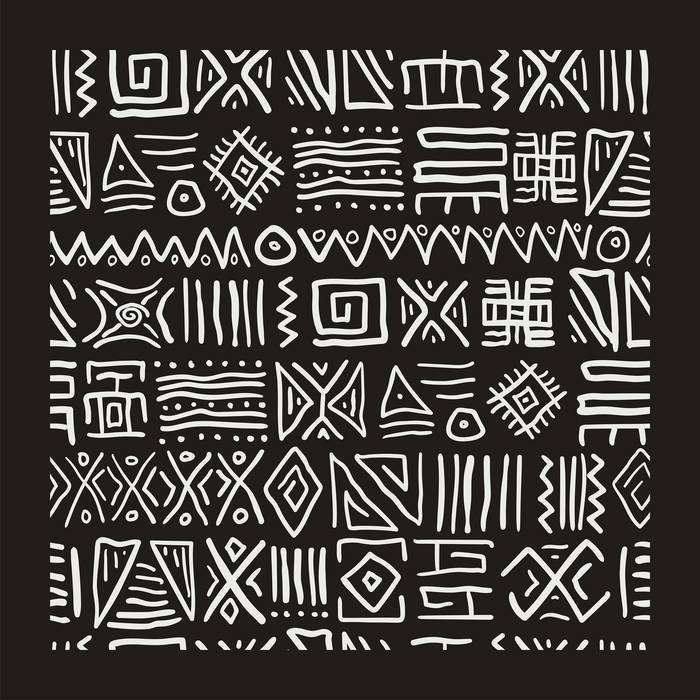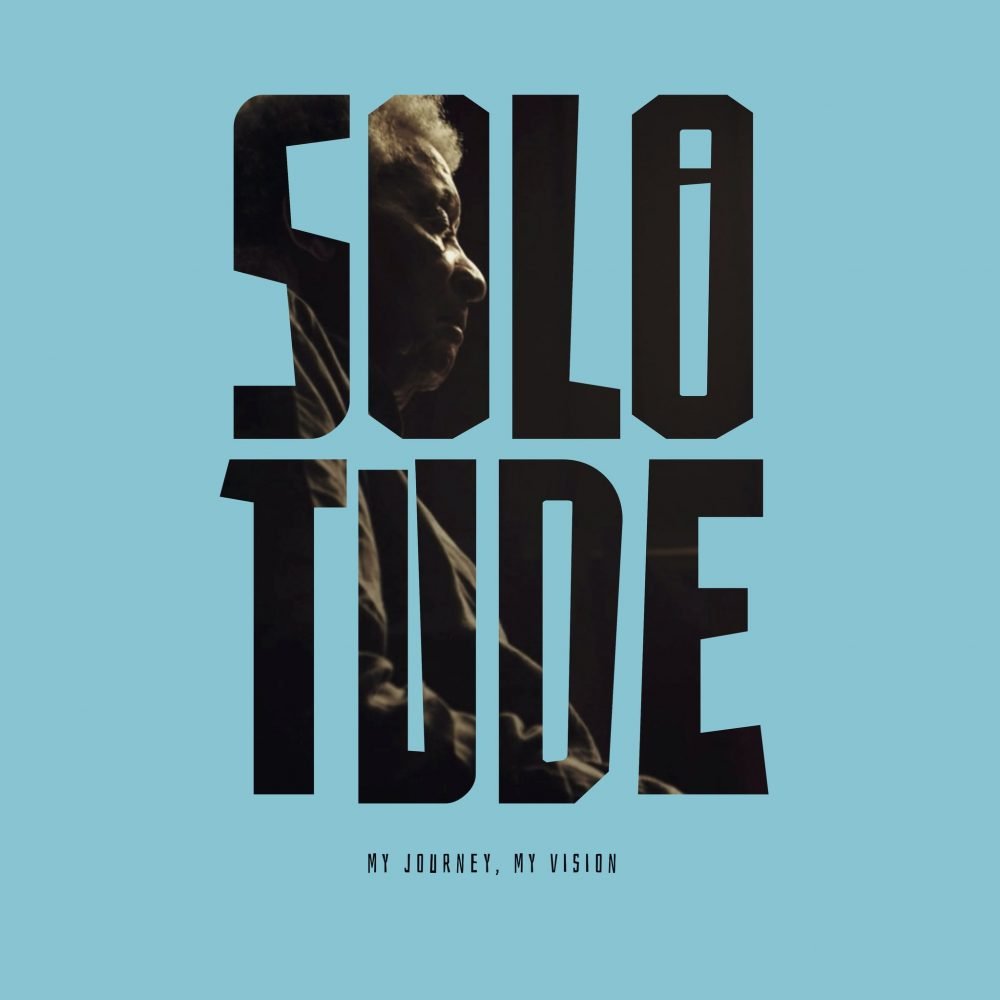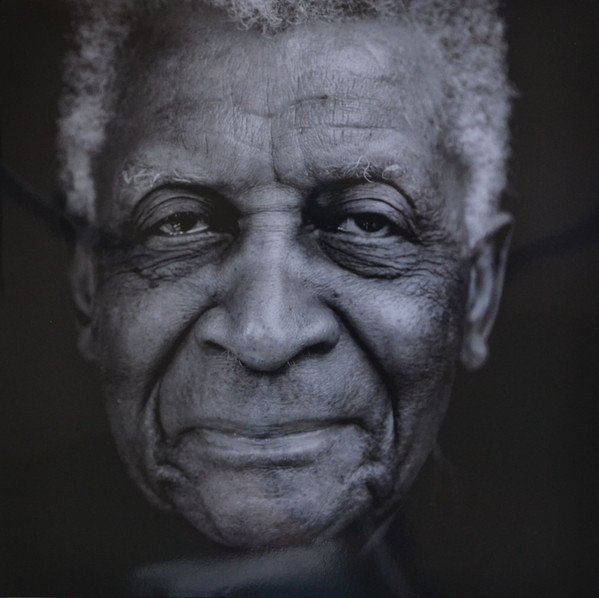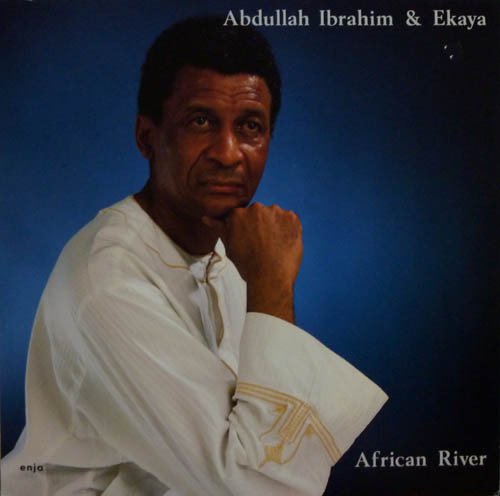Videos
Solotude - The Wedding
Solo - Tiny Desk Concert
With Ekaya - Waters From An Ancient World, Live
Press
“Ein Titan nicht nur der Musik- sondern auch der Weltgeschichte” — Süddeutsche Zeitung
“50 dazzling years of jazz distilled” — The Guardian
“Abdullah Ibrahim: A Lifetime of Dreams and Resistance at the Piano” — The New York Times
“Ein Konzert wie ein stilles Gebet” - Hamburger Abendblatt
Projects
Solo*
Abdullah Ibrahim (piano)
Trio**
Abdullah Ibrahim (piano)
Noah Jackson (bass/cello)
Willie Terrill (drums)
Ekaya***
Abdullah Ibrahim (piano)
Cleave Guyton (alto sax/flute/clarinet/piccolo)
Lance Bryant (tenor sax)
Andrae Murchison (trombone/trumpet)
Marshall McDonald (bari sax)
Noah Jackson (bass/cello)
Willie Terrill (drums)
Core unit, sub. to change
On Tour
Trio**
On Request
Solo*
On Request
Selected discography
-
Abdullah Ibrahim is South Africa’s most distinguished pianist and a world-respected master musician.
Born in Cape Town, Dollar Brand, as he became known, was exposed to a melting pot of cultural influences: African traditional music, Christian hymns, gospel tunes and spirituals, as well as American jazz, township and classical music. Out of this blend of the secular and religious, the traditional and the modern, Abdullah Ibrahim’s distinctive sound and musical vocabulary was born. His grandmother arranged for him to have piano lessons at the age of six. She was also a founding member of the AME church, a branch of the original church in Philadelphia, USA. His mother was the church pianist and played piano for silent movies at the local cinema.
The restrictions of access to the learning establishment forced the young knowledge seeker and budding composer to spend hours and days at Cape Town libraries reading and studying all inclusive works of global masters in culture, music, philosophy and world history. Abdullah made his first professional debut at age fifteen playing and later recording with the Tuxedo Slickers a big band in Cape Town inspired by Erskine Hawkins, Birmingham, USA. He also played piano with the local Cape Town dance bands, vocal groups and saxophone with the Minstrel Carnival.
In 1958 he created his own “Dollar Brand Trio” showcasing his original compositions as well as those of Jazz Masters. His ground breaking septet the Jazz Epistles, formed in 1959 in Johannesburg. They recorded Jazz Epistle, Verse 1 - the first jazz album by black South African musicians. Due to the strict apartheid laws and increased government harassment of musicians, the notorious Sharpeville massacre 1960 and subsequent imprisonment of Nelson Mandela, Dollar Brand left the country with his partner and vocalist Sathima Bea Benjamin and moved to Switzerland.
Abdullah Ibrahim’s later move to New York in 1965 further cemented his career as a leading musician - interacting with musicians such as Don Cherry, Ornette Coleman, John Coltrane, Carlos Ward, Billy Higgins. He performed three times as sub-pianist with the Ellington Orchestra and toured with the Elvin Jones Quartet. In 1967 he received a Rockefeller Foundation grant to study privately with Professor Hall Overton of the Julliard Music School. As an arranger Overton created some of Monk’s compositions for large ensemble, notably the Monk’s Town Hall concert.
The year 1968 was a turning point. Searching for spiritual harmony Dollar Brand went back to Cape Town, where he converted to Islam, taking the name Abdullah Ibrahim. In 1974 in Cape Town he recorded Mannenberg – Is Where It’s Happening, which became the unofficial national anthem for black South Africans in the struggle.
Amongst the ANC international solidarity events that Abdullah Ibrahim played the highlight of these was the New York Central Park concert commemorating the seventieth birthday of Nelson Mandela, still imprisoned in South Africa. In 1990 Mandela, freed from prison, invited Abdullah Ibrahim to come home to South Africa. He memorably performed at Mandela’s inauguration in 1994, where Mandela said about Ibrahim: “Bach, Beethoven, we have better!”
Abdullah Ibrahim has composed several scores for film including the award-winning soundtracks for Claire Denis’s Chocolat (1998), No Fear, No Die (1990) and Idrissa Quedraogo’s Tilai (1990). He was also featured in the 2002 production Amandla which he named: A Revolution in Four-Part Harmony.
His most recent album “Solotude”, recorded on the pianist’s birthday amidst the coronavirus restrictions of autumn 2020, Abdullah Ibrahim remains at his zenith as a musician and as a tireless initiator of new projects. Abdullah Ibrahim is currently residing in South Africa and Germany.



















